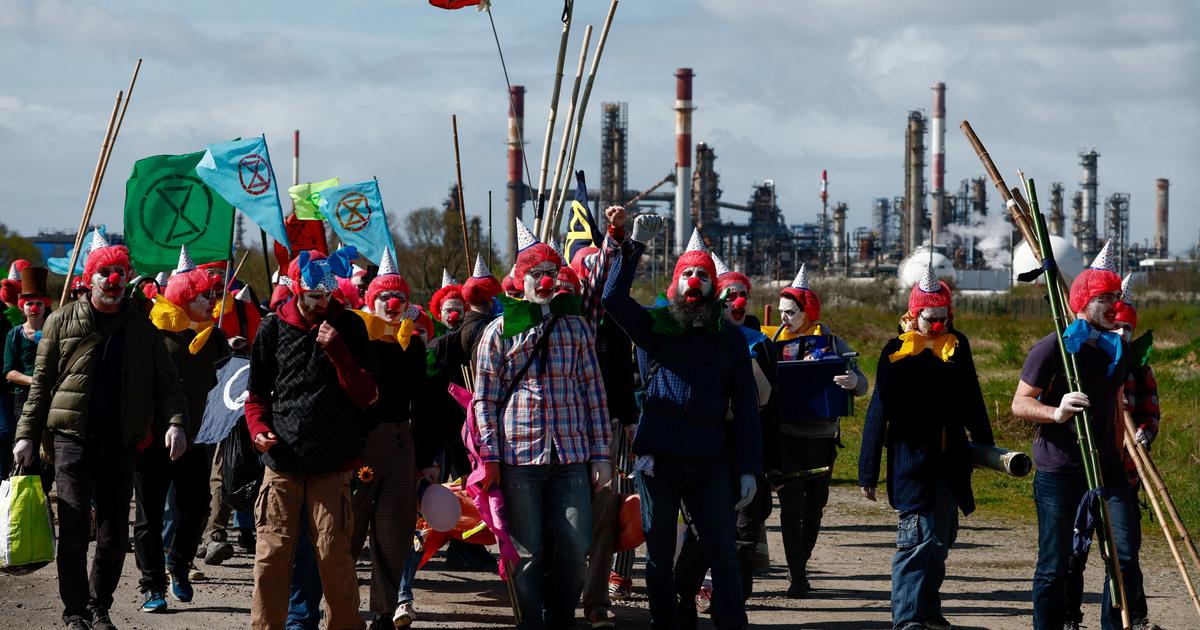The UN species protection conference in Montreal lasts almost two weeks.
In the same time, around 3.4 million tons of marine life will be trapped, around 400,000 hectares of tropical forest will be lost and around 140,000 tons of pesticides will have been applied to agricultural soils.
Human activities are changing the climate and causing animal and plant species to become extinct.
Because both crises and their effects are mutually dependent and intensify, researchers now speak of a twin crisis.
But while the climate crisis now seems to be firmly anchored in many people's consciousness, this is far less the case when it comes to species extinction.
The term itself now seems trivializing.
"When people read the newspaper over and over again: a million species are threatened with extinction worldwide, it goes in one ear and out the other," says Philip Bethge, zoologist and editor at SPIEGEL's science department.
“But it's not about some rare bugs going away.
It's about habitats.
If these habitats are lost, the basis of our existence is lost.«
more on the subject
Montreal Nature Summit: What's Really Helping Against Nature's Crisis?By Philip Bethge
Expedition into Peru's Manu National Park: Keepers of the ForestBy Philip Bethge
UN Summit on Biodiversity: How nature can still be savedBy Philip Bethge
Summit in Montreal: »There is no company in the world that is not dependent on nature« An interview by Philip Bethge
Every single species of animal and plant, as Philip describes it, is a mesh in the web of life.
The more stitches are missing, the faster the net tears.
And the corresponding ecosystem collapses.
If these systems are missing, however, nature can no longer provide the services that are vital for everyone: maintaining the water cycle, filtering the water, avoiding desertification or storing CO₂.
And that's not all:
»There is no company in the world that is not dependent on nature«, explains Philip Bethge in the podcast.
»Every year around 44 trillion dollars of economic value creation is threatened by the loss of nature.
That's more than half of the world's gross domestic product.
So to think that the economy is somehow magically decoupled from nature is completely naïve.”
What goals are being pursued in Montreal to preserve the diversity of life?
Why are there still subsidies that are harmful to nature, even in Germany?
And how could forests one day go to court against their perpetrators?
Philip Bethge talks about this in this episode of the SPIEGEL foreign podcast eight billion.
Listen to the current episode here:











/cloudfront-eu-central-1.images.arcpublishing.com/prisa/KMEYMJKESBAZBE4MRBAM4TGHIQ.jpg)


